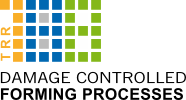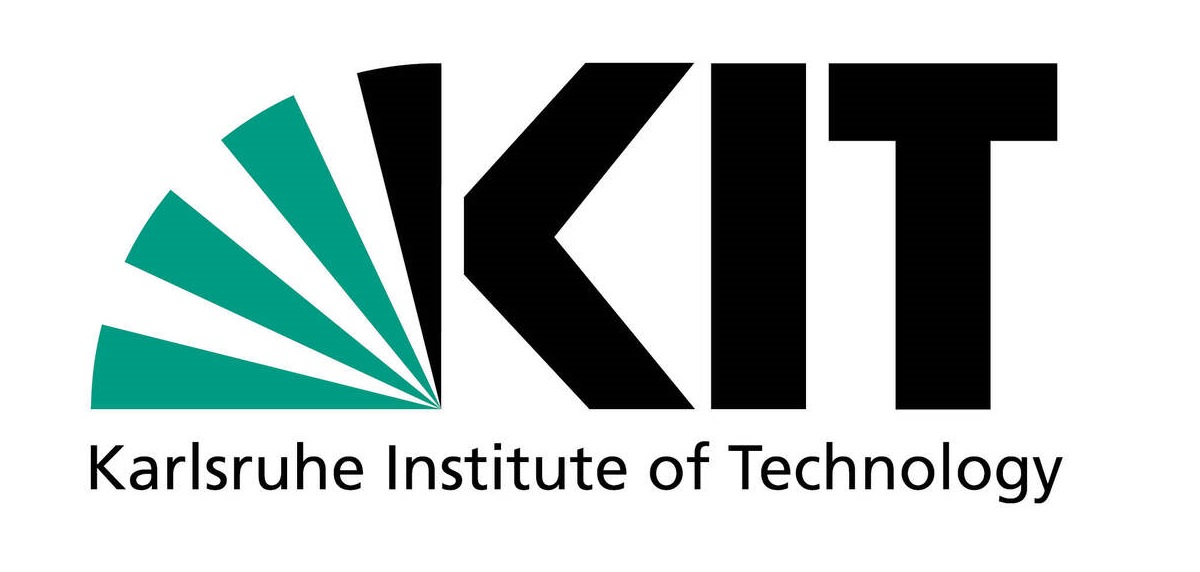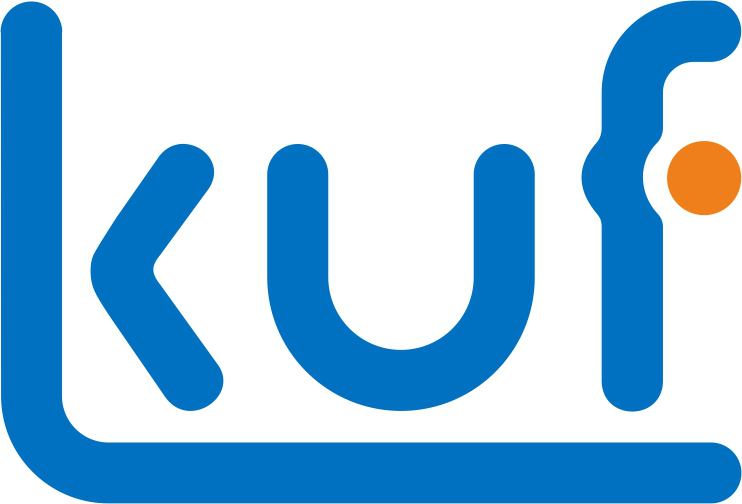C - Modeling
In the 1st funding period, the focus was placed on the development and implementation of fundamental models to study damage evolution at both the micro- and the macroscale, to predict process-induced damage evolution and its influence on the service life. These fundamental studies were based on the experimental investigations on damage mechanisms carried out in close collaboration with the B-area and contributed to a basic understanding of the effect of forming-induced damage required in the A-area. The inherent complexity of the damage mechanisms and their interaction stipulated four research foci to guide the 2nd funding period. Driven by the desire to understand and predict damage evolution along the process chain based on lower-scale physics, a first focus was laid on the interaction of mechanisms such as martensite cracking and decohesion. Further emphasis has been put on the influence of temperature as a process parameter that drives recrystallization processes and can thus control damage initiation and growth mechanisms. Moreover, the rate-dependent behavior of materials (at elevated temperatures) was accounted for, increasing the possible control parameters of the forming technologies. Motivated by the aim for optimization and control of damage in metal forming, the final focus was laid on the analysis of complex load paths that are encountered in the forming processes studied in the A-area.
Projects of project area C:







